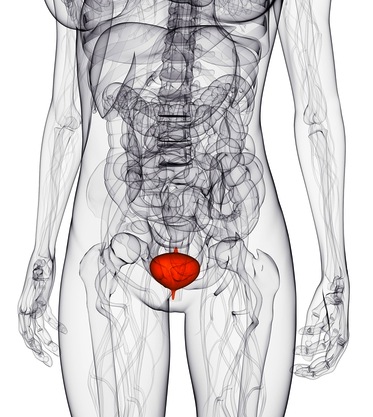Recurrent Bladder Infections
Infections
Obie Editorial Team
 For most patients a bladder infection is a simple in and out medical condition. After diagnosis, treatment kills the bacteria in the urinary tract and the infection is resolved. However, some patients fight with recurring bladder infections and require additional testing and treatment. If the urine culture is negative after treatment, but symptoms persist, additional testing to determine the cause of symptoms will likely be ordered. Antibiotics are not required if there is no infection present.
For most patients a bladder infection is a simple in and out medical condition. After diagnosis, treatment kills the bacteria in the urinary tract and the infection is resolved. However, some patients fight with recurring bladder infections and require additional testing and treatment. If the urine culture is negative after treatment, but symptoms persist, additional testing to determine the cause of symptoms will likely be ordered. Antibiotics are not required if there is no infection present.
Possible Causes of Recurrent Bladder Infections – Negative Urine Culture
With a negative urine culture in hand, doctors must look to other possible causes of bladder infection symptoms. Testing may be ordered to rule out urethra, bladder, ureters or kidney abnormalities. Kidney stones may also cause similar symptoms, so your doctor may request testing to rule out stones. Testing for kidney stones may involve a CT scan or ultrasound.
Possible Causes of Recurrent Bladder Infections – Positive Urine Culture
If your urine culture comes back positive, the doctor will prescribe another course of antibiotics, but that patient may have to make a few lifestyle changes to prevent future infections. Using spermicides and having diabetes may increase a patient’s risk of recurrent bladder infections. Patients may be counseled on alternatives to spermicides or referred to a dietary/diabetes specialist for further care.
Preventing Recurrent Bladder Infections Associated with Urinary Tract Infections
Women who present with recurring urinary tract infections (UTI) may be at increased risk for recurring bladder infections. Lifestyle changes may be suggested to prevent future UTIs. Lifestyle changes that may be suggested include:
- Changing method of birth control. Spermicides may increase the risk of urinary tract infections. This is especially true in women who have a diaphragm implanted for birth control. Patients may be advised of alternatives to spermicides to prevent future infection.
- Increasing fluid intake and urination after intercourse. While increasing fluid intake has not been proven effective at preventing urinary tract infections, most doctors suggest drinking more water to flush out bacteria in the bladder and urinary tract. Patients may also be advised to urinate after intercourse. Urine is sterile and it kills the bacteria associated with urinary tract infections and bladder infections.
- Estrogen creams may cause UTIs. Women who use vaginal estrogen products may be at increased risk for urinary tract infections and bladder infections. These products are available in rings, tablets and creams. Doctors may suggest an alternative for postmenopausal women.
- Prevention with long-course antibiotics. In patients with consistently recurring bladder infections that do not respond to other treatment, long-course antibiotics may be suggested. A low dose of an antibiotic is give three to seven days a week for a minimum of six months. Several years of treatment may be prescribed in severe cases.







